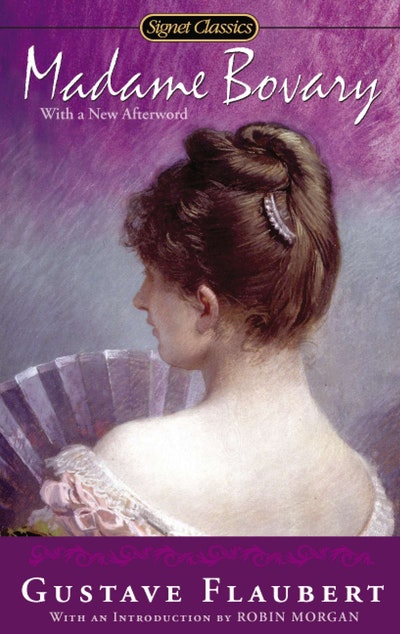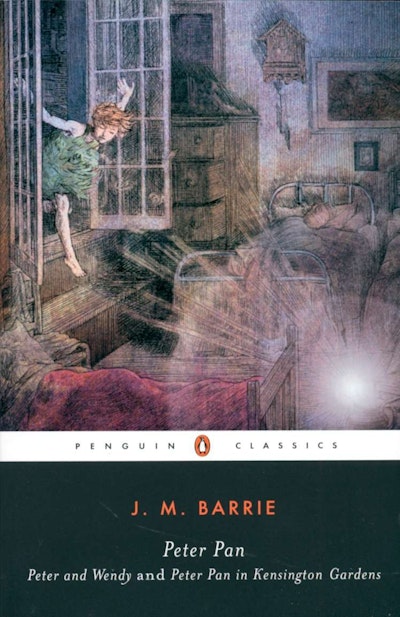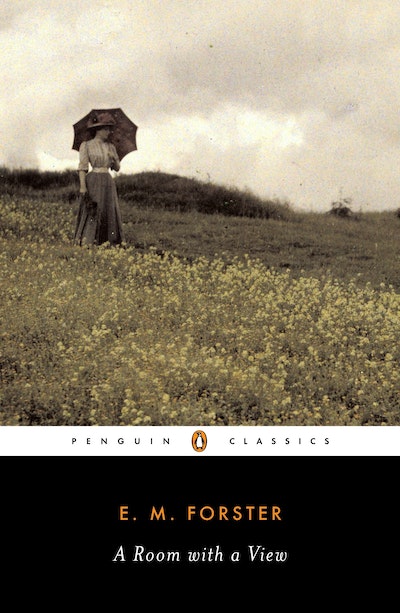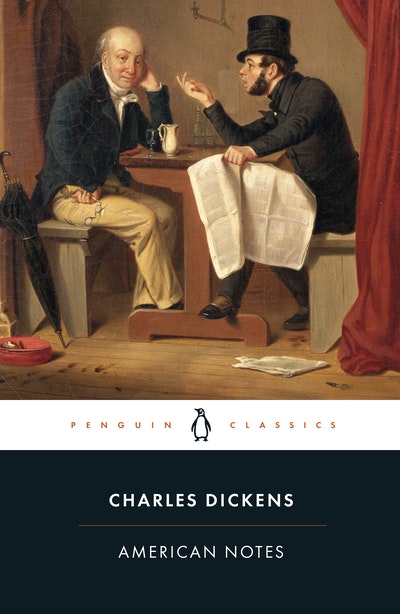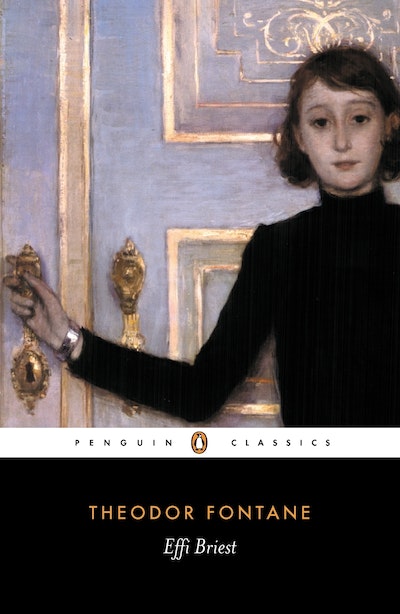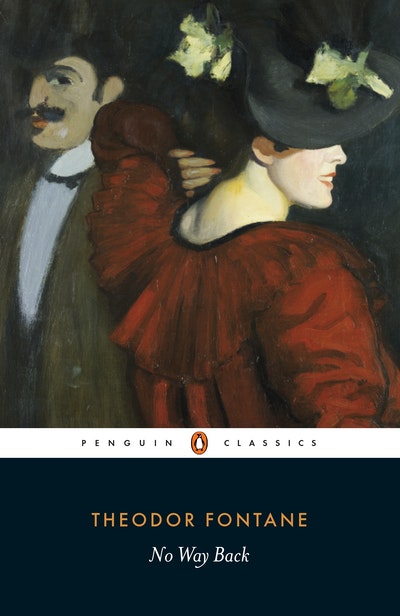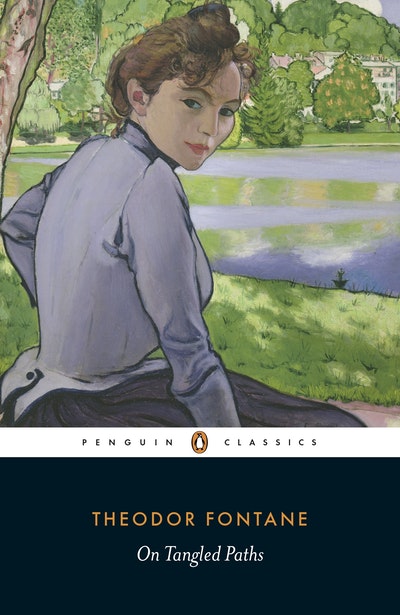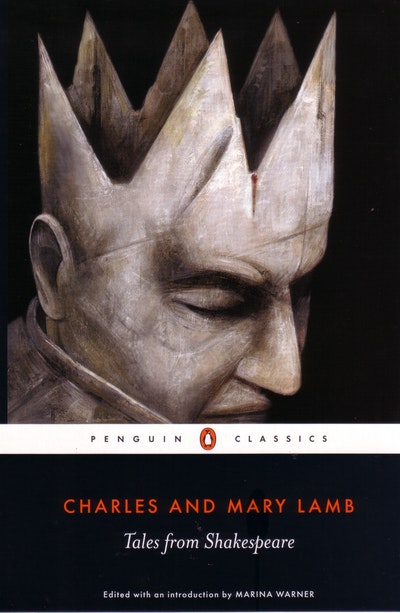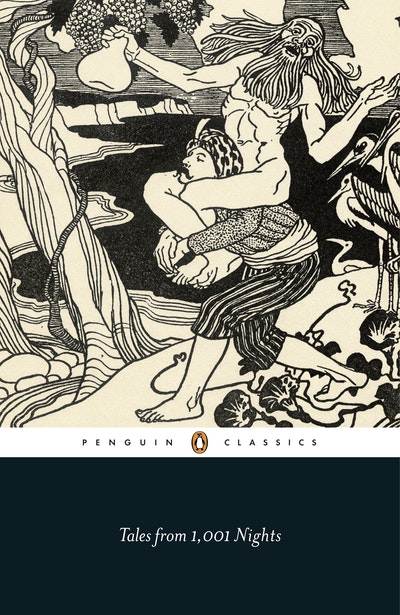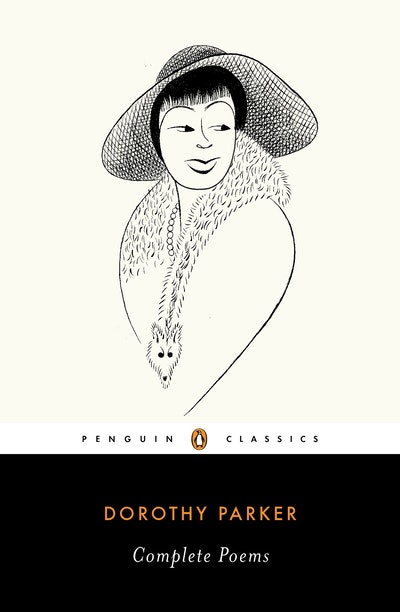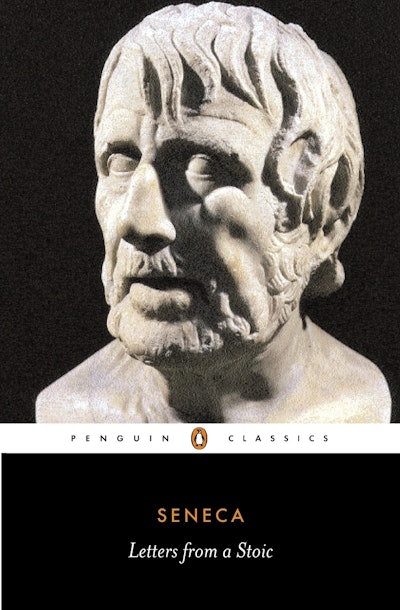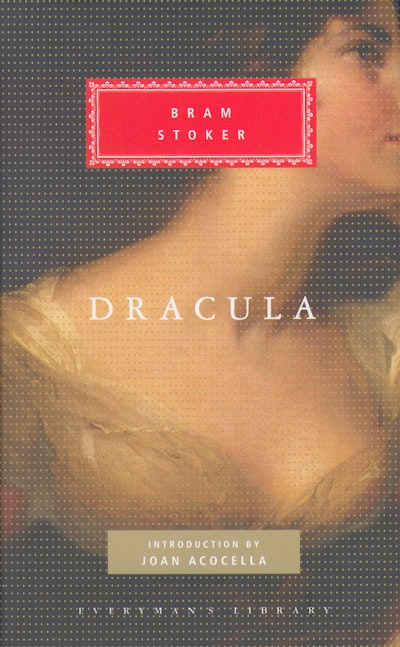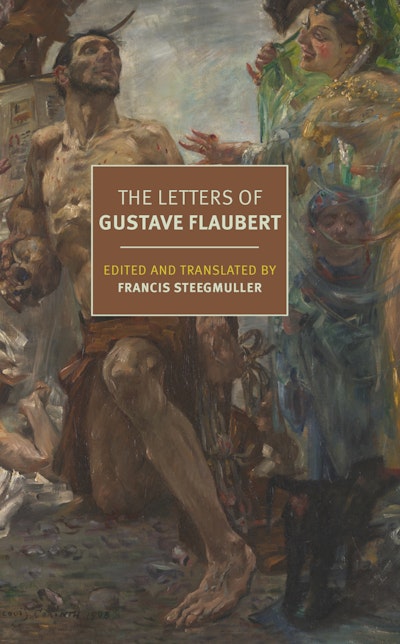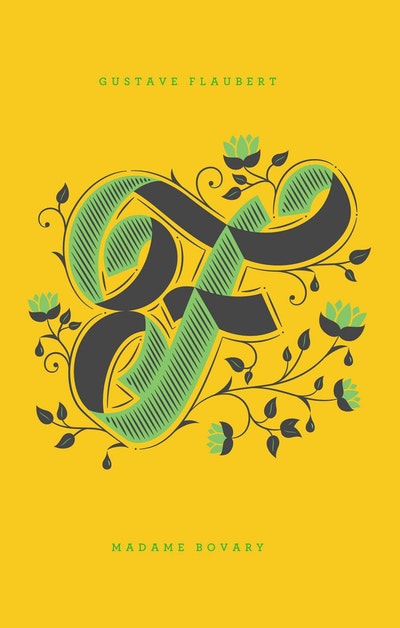- Published: 27 March 2013
- ISBN: 9780451418500
- Imprint: Signet
- Format: Paperback
- Pages: 464
- RRP: $19.99
Madame Bovary
VINTAGE CLASSICS FRENCH SERIES: stunning flapped paperback editions showcasing the bestselling, most acclaimed French writers of the twentieth century.
Both embodiment and victim of the self-satisfied nineteenth-century French bourgeoisie, Emma Bovary lives in pursuit of something more, like the world depicted in the romance novels that have come to define her. Emma is oblivious to the realities of life, and her romantic delusions and search for transcendence through sex, money, and social position serve only to drive the increasingly troubled woman into an irreversible moral, emotional, and spiritual decline. That the author depicted his heroine in neutral terms, without condemnation, resulted in obscenity charges from the French courts, which likened the “lascivious” Madame Bovary’s “lack of restraint” to “a woman who throws off all garments.” Exactly. Madame Bovary remains one of the most daring and liberating novels ever written.
Includes The Trial of Madame Bovary
Translated by Mildred Marmur
With an Introduction by Robin Morgan and a New Afterword by Frederick Brown
- Published: 27 March 2013
- ISBN: 9780451418500
- Imprint: Signet
- Format: Paperback
- Pages: 464
- RRP: $19.99
Other books in the series
About the author
Gustave Flaubert was born in Rouen in 1821, the son of a distinguished surgeon and a doctor's daughter. After three unhappy years of studying law in Paris, an epileptic attack ushered him into a life of writing. Madame Bovary won instant acclaim upon book publication in 1857, but Flaubert's frank display of adultery in bourgeois France saw him go on trial for immorality, only narrowly escaping conviction. Both Salammbo (1862) and The Sentimental Education (1869) were poorly received, and Flaubert's genius was not publicly recognized until Three Tales (1877). His reputation among his fellow writers, however, was more constant and those who admired him included Turgenev, George Sand, Victor Hugo and Zola. Flaubert's obsession with his art is legendary: he would work for days on a single page, obsessively attuning sentences, seeking always le mot juste in a quest for both beauty and precise observation. His style moved Edmund Wilson to say,'Flaubert, by a single phrase - a notation of some commonplace object - can convey all the poignance of human desire, the pathos of human defeat; his description of some homely scene will close with a dying fall that reminds one of great verse or music.' Flaubert died suddenly in May 1880, leaving his last work, Bouvard and Pécuchet, unfinished.
